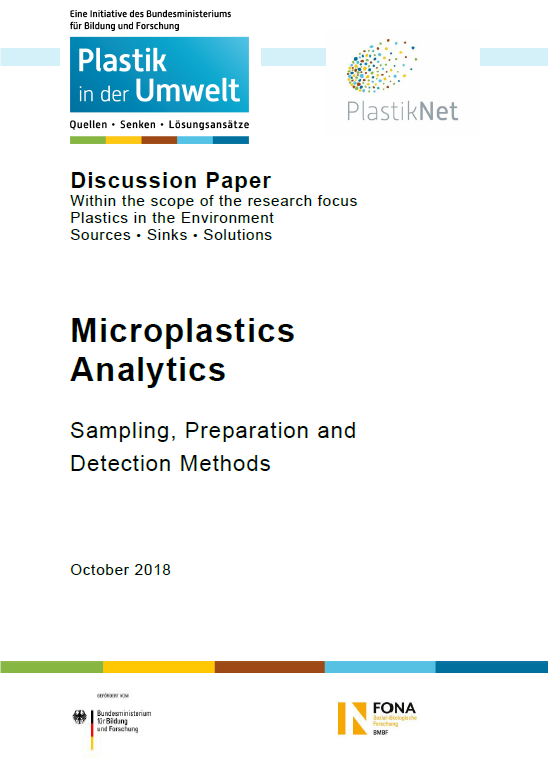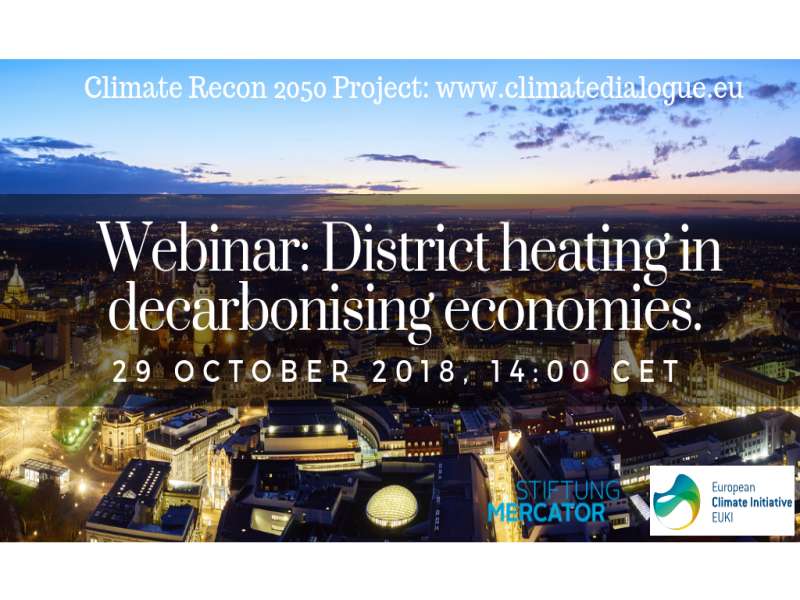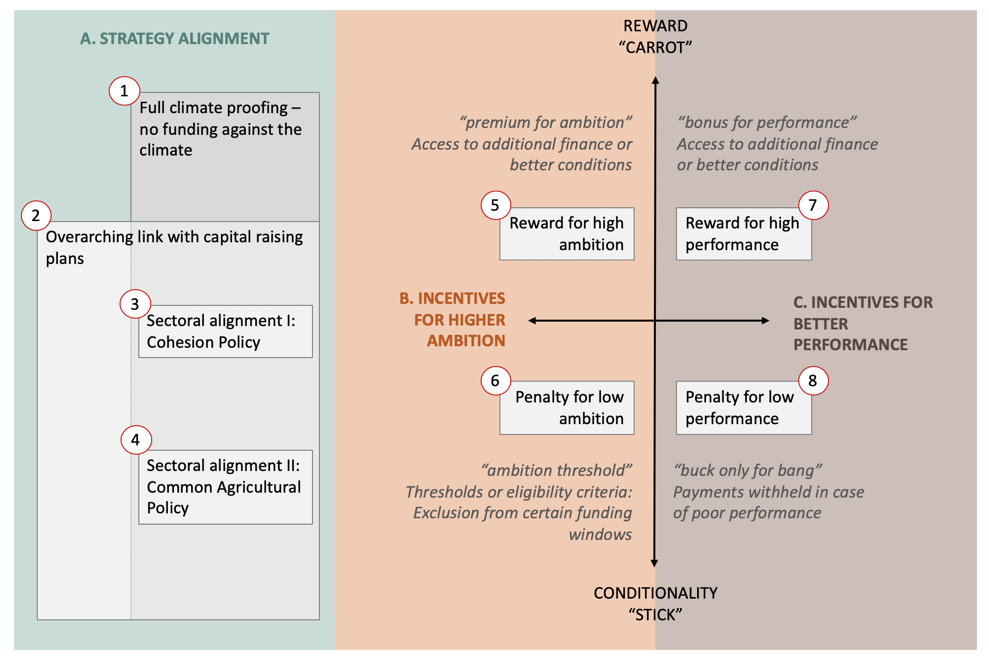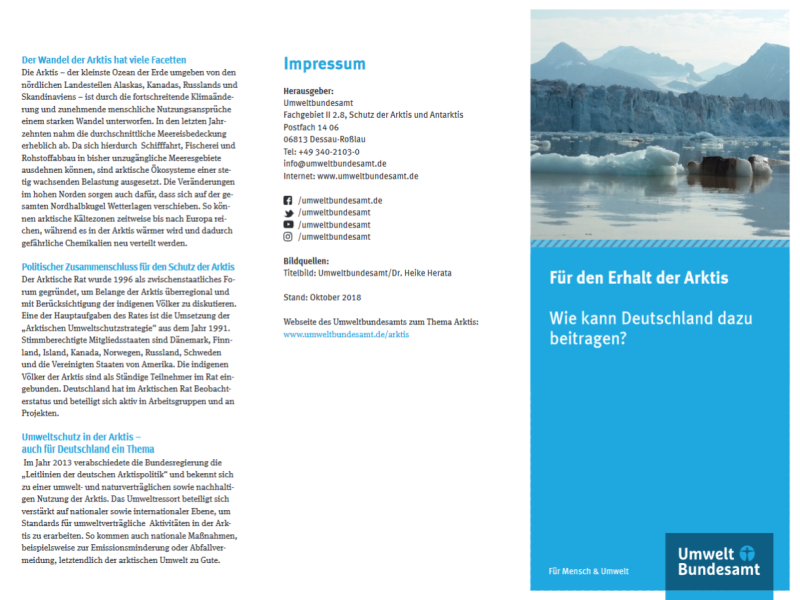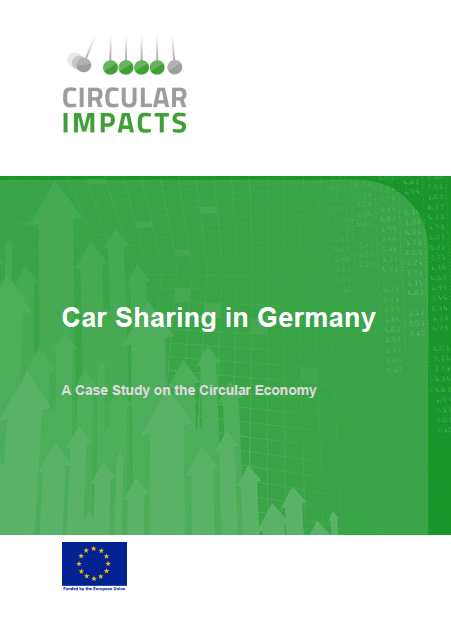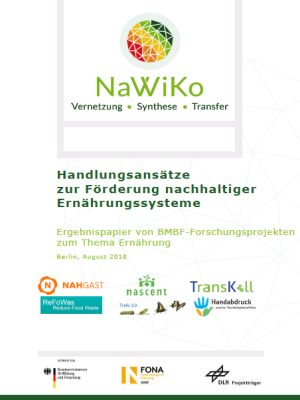Publication:Document
Event:Climate Talk
Presentation:Chairing
Project
Event:Digital Event
Publication:Postcard
Publication:Postcard
Publication:Video
Publication:Document
Result Oriented Spending for the Climate
Creating strong connections between the EU budget and National Energy and Climate Plans
Year
Read morePublication:Flyer
Publication:Case Study
Project
Publication:Document
Handlungsansätze zur Förderung nachhaltiger Ernährungssysteme
Ergebnispapier von BMBF-Forschungsprojekten zum Thema Ernährung
Year
Read more